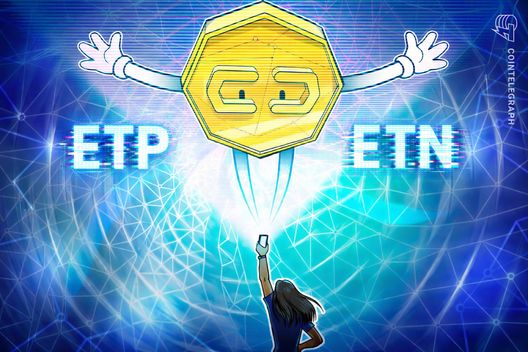The Bank of Korea (BOK) has decided to suspend its much-anticipated central bank digital currency (CBDC) initiative, a move that has captured attention in the cryptocurrency sector. According to a report from the Singaporean financial newspaper Business Times, the BOK had previously advanced to the pilot program phase involving various banks but has now paused discussions on the project.
“This decision comes as the newly inaugurated President Lee Jae-myung, who took office on June 4, had made outreach to the cryptocurrency community a hallmark of his campaign.”
President Lee’s administration has actively engaged with the cryptocurrency sector, indicating a pledge to foster a won-based stablecoin market. Earlier this month, the ruling Democratic party took a step further by submitting a bill aimed at enabling qualifying companies to issue stablecoins. This indicates a broader intention to integrate digital currencies into South Korea’s financial ecosystem, despite the BOK’s current setback on CBDCs.
CBDCs are intended to function as digital versions of traditional cash, but they have faced skepticism, particularly from cryptocurrency advocates who raise concerns over issues like privacy, government surveillance, and state control. As this narrative unfolds, the BOK’s decision reflects a cautious approach amid a complex landscape of evolving regulations and public sentiment regarding digital currencies.
The Bank of Korea has yet to respond to inquiries from leading crypto news sources regarding this significant pause in its CBDC project.

Bank of Korea Suspends Central Bank Digital Currency Project
Key points regarding the recent suspension of the digital currency project by the Bank of Korea:
- Suspension Announcement:
- The Bank of Korea (BOK) has officially paused its central bank digital currency (CBDC) project.
- This decision came after reaching the pilot program development stage with participating banks.
- Political Influence:
- South Korea’s President Lee Jae-myung, who recently took office, had engaged with the cryptocurrency community during his campaign.
- His administration has shown support for establishing a stablecoin market based on the South Korean won.
- Legislative Developments:
- President Lee’s ruling Democratic party has proposed a bill enabling qualifying companies to issue stablecoins.
- Concerns Over CBDCs:
- CBDCs face criticism related to privacy, potential surveillance, and concerns about state control over finances.
- The cryptocurrency community remains skeptical about the deployment of CBDCs in the current financial landscape.
- Market Impact:
- The suspension may affect investor confidence in digital currencies and implications for the future of cryptocurrencies in South Korea.
- Developing policies around stablecoins could shape future financial ecosystems and investment strategies.
Analysis of the Bank of Korea’s CBDC Project Suspension
The recent decision by the Bank of Korea (BOK) to halt its central bank digital currency (CBDC) project marks a significant shift in the South Korean financial landscape. This development contrasts sharply with trends in other countries, such as China and the European Central Bank, which are advancing their digital currency initiatives. While these nations push forward with pilot programs aimed at fostering digital payments and enhancing monetary policy, South Korea’s suspension puts it at risk of falling behind in the digital currency race.
Competitive Advantages: The BOK’s pause may reflect a cautious approach to an uncertain economic future, potentially sparing it from the pitfalls seen in rushed implementations elsewhere. By taking the time to reassess its strategy, the BOK can learn from the challenges faced by other central banks regarding privacy issues and the integration of CBDCs into existing financial systems. This strategic retreat could also benefit traditional financial institutions, as they may gain more time to adapt to potential disruptions that CBDCs could bring.
Disadvantages: Conversely, this decision could generate significant challenges for South Korea’s ambitions in the burgeoning crypto and digital finance sectors. With President Lee Jae-myung promoting a won-based stablecoin market, the delay in the CBDC initiative could stifle innovation and investment opportunities in the region. Not only might this frustrate tech-savvy citizens and investors eager for digital currency solutions, but it could also cause friction between the government and the cryptocurrency community, who may perceive this as a lack of commitment to technological advancement.
Those who stand to gain from this suspension include conventional banking institutions that may find themselves under less immediate pressure to innovate. However, startups and blockchain-based ventures could face setbacks as the market momentum shifts, potentially leading to increased competition abroad. As South Korea evaluates its digital currency strategy, balancing these varied interests will be critical to navigating future challenges in a rapidly evolving financial ecosystem.

















